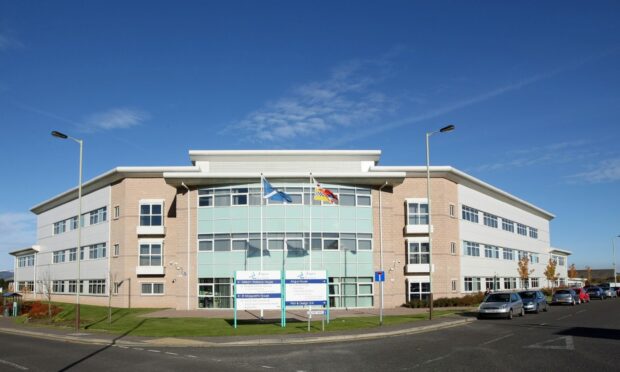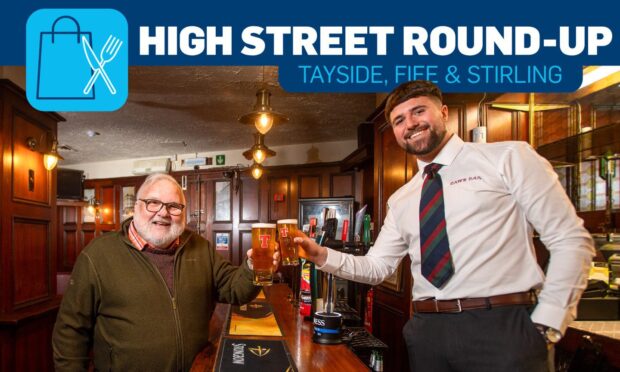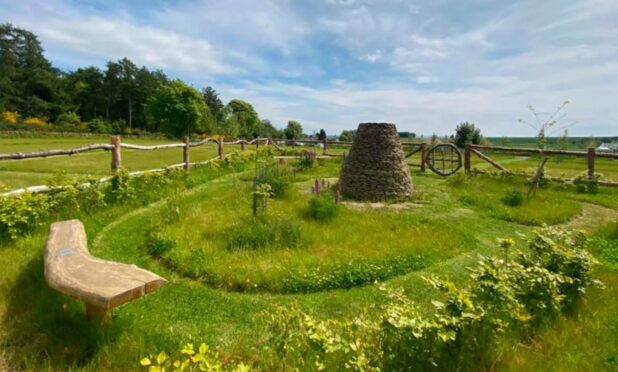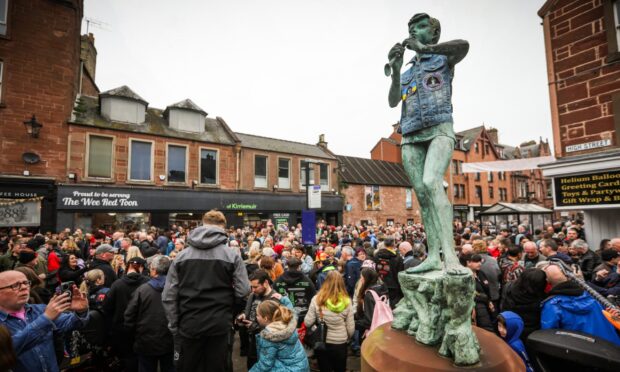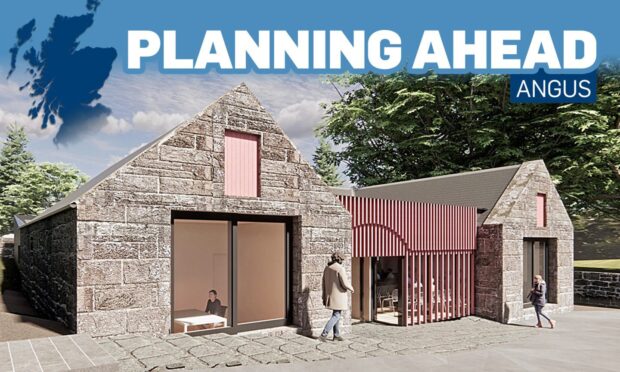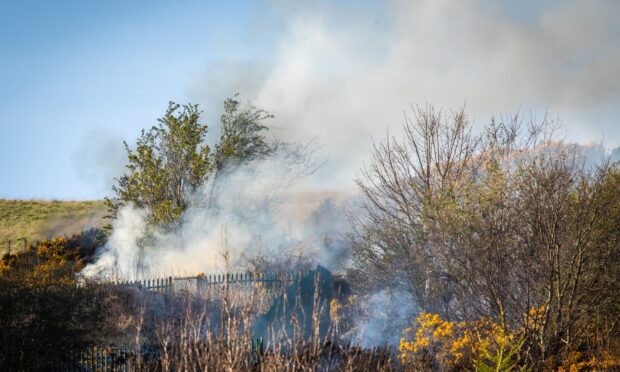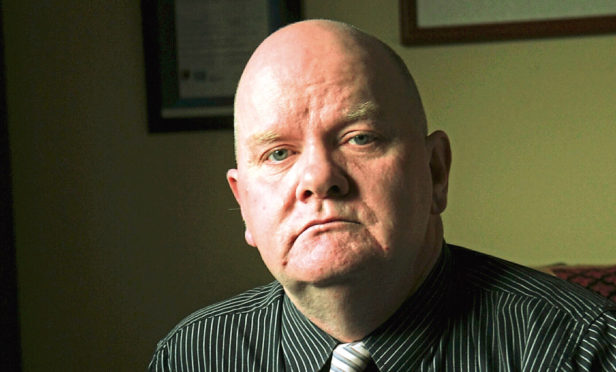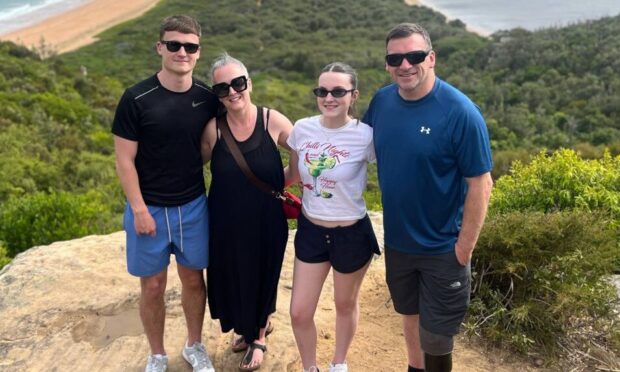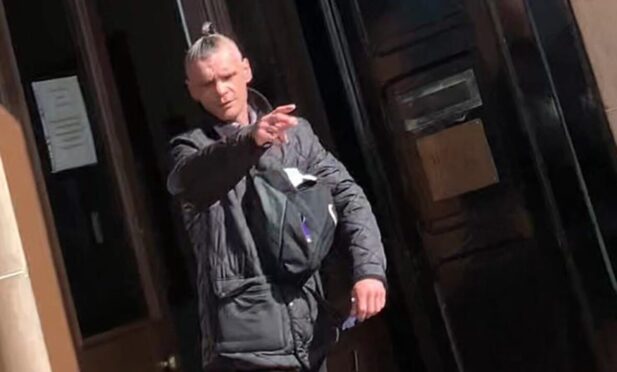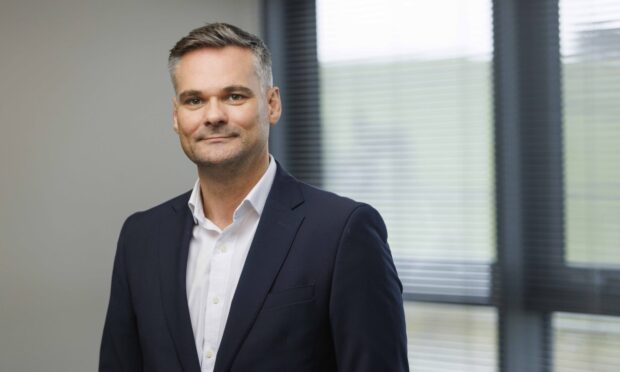Angus councillors are fighting to keep online recordings of their decision-making available for the public to view at leisure.
The rural authority was one of the first in the country to live stream council meetings after the pandemic struck.
Within weeks of the initial Covid-19 lockdown, Angus set-up a Special Arrangements Committee and let the public log in.
The move suffered an early setback when so-called Zoom-bombers hijacked a committee by posting pornographic images and obscene messages during a live session, leading to a police investigation.
Since then committee meetings have moved onto the Angus Council YouTube channel.
At a full council meeting on Thursday, councillors were asked to agree a six-month extension of the remote arrangement.
But the plan hit a glitch when elected members were also asked to approve that recordings of meetings would only remain available until the final minute of the meeting is published, before being removed from YouTube and deleted.
Officials said the move was designed to comply with data protection requirements that information, including recordings, should not be kept for any longer than is necessary.
Carnoustie SNP councillor Mark McDonald said the current system was working well.
“This is great for a number of reasons,” he said.
“One of the main ones, however, is that it affords greater scrutiny. Scrutiny by the public who cannot watch meetings live.
“It allows the public to catch up on decisions that impact them directly and gives them the opportunity for them to question us as their councillors.
“Not everyone is free on a Thursday from 2pm and we have actually stumbled into something great here.
“Also, the YouTube viewing figures are surprisingly good.
“The explanation that this [change] is for data protection principles raises more questions than it provides an explanation for.
“Going forward we should not hide from scrutiny and should do all that we can to make our meetings whether in person or online, accessible to the public.”
Mr McDonald pointed out that other authorities, including Aberdeenshire Council and both the Scottish and UK Parliaments, have an archive of recorded meetings.
“Going forward we should not hide from scrutiny and should do all that we can to make our meetings, whether in person or online, accessible to the public,” he added.
Angus depute provost Craig Fotheringham won support for the matter to be deferred for further consideration of how long recordings would remain available.
“This is a very important issue because we are moving, and have already moved in many ways, to becoming a digital council,” he said.
